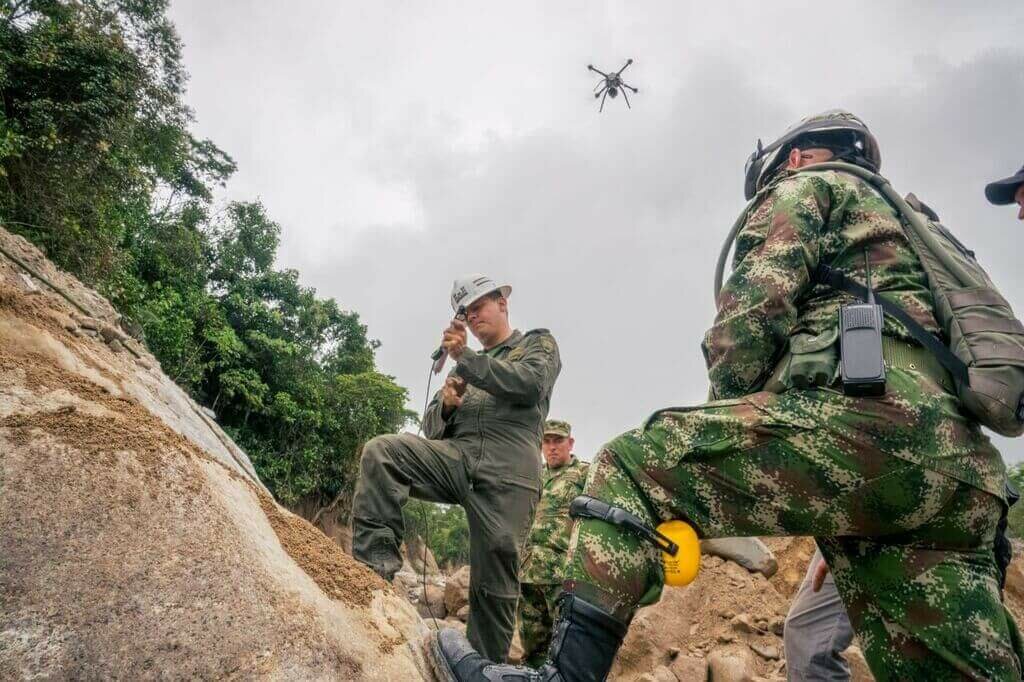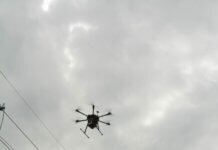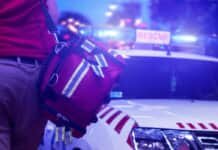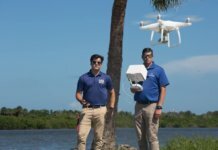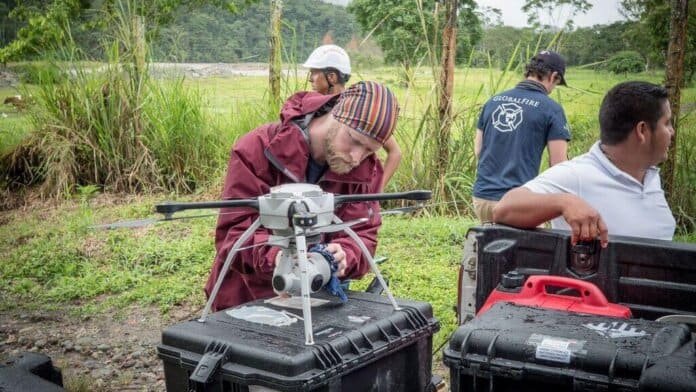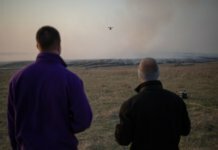Last month, unusually heavy rains caused floods and a massive landslide in Mocoa, Putumayo Province, Colombia. In turn, over 300 people lost their lives, and more than 4,000 people were displaced, according to an update from Pix4D.
The Colombian governmental agency coordinating the response, Unidad Nacional para la Gestión del Riesgo de Desastres (UNGRD), sent an international call for help. Canada-based GlobalMedic’s RescUAV team then partnered with Aeryon Labs Inc. and went to Mocoa to join forces with local emergency response organizations.
In emergency situations, GlobalMedic’s RescUAV provides imagery and 3D mapping for search and rescue and situational awareness. In this particular situation, the limited data connectivity added complexity to the operation, and Brett Simms, RescUAV team lead, approached Pix4D’s Paul Spaur, who has worked as a paramedic in search and rescue and on a law enforcement helicopter.
Spaur shares his experience using Pix4D solutions in emergency response to aid GlobalMedic’s efforts:
“There is incredible use in generating fast and actionable maps during a disaster response. Incident command can define areas of interest as .kml files and disseminate them to multiple field crews. The crews can import their areas into Pix4Dcapture, fly a drone autonomously and capture data. They can then move the images from the drone to a field laptop and rely on the fully offline (and secure) processing capability of Pix4Dmapper Pro to make maps that can save lives.”
Equipped with a generator, two Aeryon SkyRanger drones, a laptop and Pix4Dmapper Pro, the team was ready to face the challenge of operating in a disaster zone with a difficult terrain and limited power and data access, explains Pix4D.
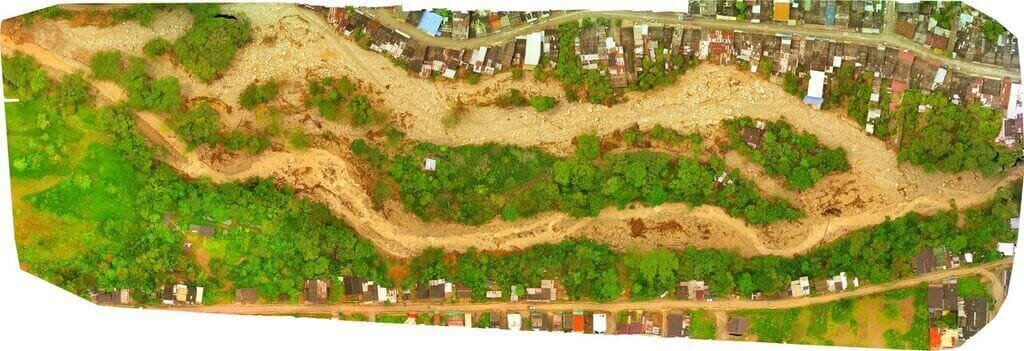 “Throughout the mission, we relied heavily upon Pix4Dmapper Pro to provide orthomosaics and 3D models of our flight data for UNGRD and the other responding agencies, like Corpoamazonia and IDIGER,” says Simms.
“Throughout the mission, we relied heavily upon Pix4Dmapper Pro to provide orthomosaics and 3D models of our flight data for UNGRD and the other responding agencies, like Corpoamazonia and IDIGER,” says Simms.
The team mapped over 200 hectares; captured imagery and video; generated 3D maps in the field; and made it possible to assess terrain conditions on the go.
Pix4D says the maps were also used by local authorities to quantify and manage critical infrastructure damage, identify areas that are at risk of future floods and landslides, and plan actions and infrastructure to allow displaced populations to safely return home.
